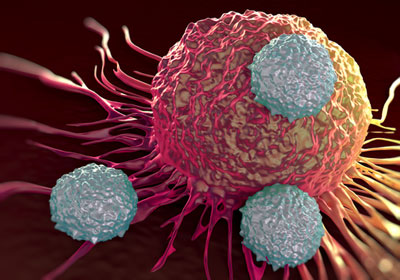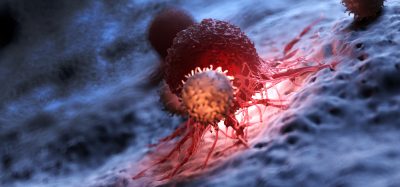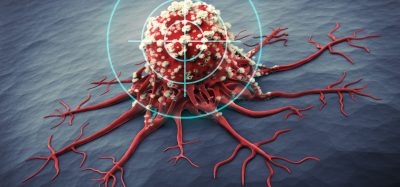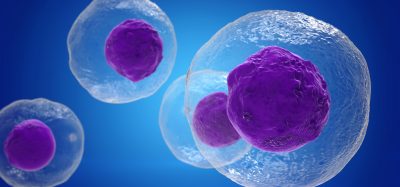Nektar submits IND for NKTR-214 to treat solid tumours
Posted: 8 October 2015 | Victoria White
NKTR-214 is a CD122-biased immune-stimulatory cytokine that is designed to stimulate the expansion and maintenance of CD8-positive effector T-cells…


Nektar Therapeutics has submitted an Investigational New Drug (IND) application to the US Food and Drug Administration (FDA) for NKTR-214.
Nektar explained that NKTR-214 is a CD122-biased immune-stimulatory cytokine that is designed to stimulate the expansion and maintenance of CD8-positive effector T-cells, which are tumour-killing cells found naturally in the body. CD122, which is also known as the Interleukin-2 (IL-2) receptor beta subunit, is a key signalling receptor that is known to increase the proliferation of CD8-positive effector T-cells. These tumour-killing cells comprise a key component of the tumour infiltrating lymphocytes that provide cell-mediated anti-tumour effects. By biasing activation to the CD122 receptor, NKTR-214 enhances the generation of CD8-positive T-cells in the tumour.
Nektar plans to initiate a Phase 1/2 study of NKTR-214 by year end
By the end of this year, the company plans to initiate a Phase 1/2 clinical study of NKTR-214 in patients with solid tumour malignancies to evaluate the safety, tolerability and efficacy of the drug. The study will also include expansion cohorts that will evaluate NKTR-214 both as a single-agent and in combination with a checkpoint inhibitor.
“As a new cytokine with biased receptor activity and an antibody-like dosing schedule, NKTR-214 could emerge as a differentiated immuno-oncology therapy that specifically stimulates T-cell growth to fight cancer,” said Stephen Doberstein, PhD, Senior Vice President and Chief Scientific Officer of Nektar. “In preclinical studies with NKTR-214, we not only observed single-agent efficacy in multiple tumor models, but when administered in combination with a checkpoint inhibitor, we see a dramatic immune-educating vaccine-like effect with NKTR-214. We are excited to start our first-in-human study and we expect to have initial data from the dose-escalation phase of the trial by the second half of 2016.”
Related topics
T cells
Related organisations
Nektar Therapeutics, U.S. Food and Drug Administration (FDA)








